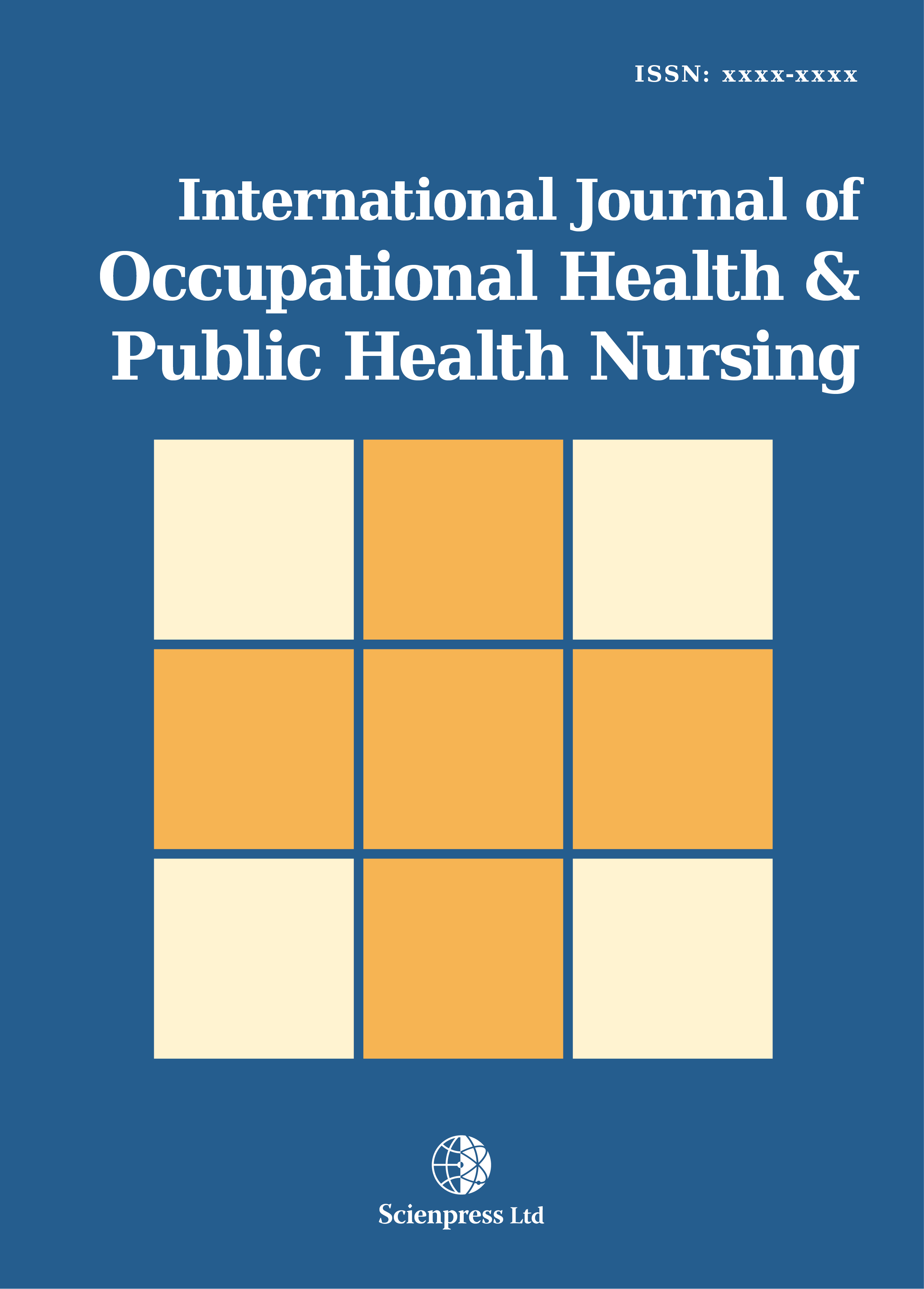International Journal Of Occupational Health and Public Health Nursing
Death Management. Regional Nurses and Doctorsí Attitudes and Beliefs: ‘he Case of a District Hospital in Greece
-
 [ Download ]
[ Download ]
- Times downloaded: 10531
-
Abstract
Nurses and physicians, daily interact with dying patients. Studies have shown that the their attitudes towards death, affect the quality of care. The aim of this study was to investigate these attitudes in a Greek district hospital towards death management. In this survey 202 nurses and doctors participated. An anonymous, self-administered questionnaire was used to collect data, containing questions recording socio-demographic data and Scale Death Attitude Profile-Revised. The statistical analysis was performed with the IBM SPSS Statistics version 19. Participants with lower educational level had a greater "fear of death" in comparison with those with higher one. Nursing staff and physicians with professional experience more than 7 years, had a greater "fear of death" compared to their colleagues with less experience. Nurses had a greater "fear of death" but they accepted death more than doctors. Doctors and nurses who worked in clinical settings and they were in contact with dying patients more frequently, accepted death more than their colleagues who worked in wards that they didnít come along with terminal patients. Also the discussion with patients and with other colleagues of the department about death reduced the "fear of death". Death affects both nurses and doctors. It is necessary to run groups for psychological support of both of them, who work with the dying patient. Achieving and maintaining good communication between them is important to achieve the best quality of care for the dying patient.
